

Consumer Spending Trends in Japan: Decline Leads to Increased Food Prices Amid Tougher Economic Outlook
Recent Consumer Behavior Trends in Japan
In a comprehensive survey conducted by Cross Marketing between May 9 and 10, 2025, insights into the consumer behavior of Japan's population over 20 years old were revealed. The research aimed to understand the current state of living expenses, spending habits, and overall economic sentiments. The survey included 1,200 individuals from all 47 prefectures across Japan, shedding light on significant shifts in consumer behavior.
Objectives of the Study
The consumer behavior tracking survey is held biannually, focusing on understanding how consumer lifestyles evolve over time. This enables the collection of fundamental data relevant for assessing economic trends. In this specific survey, factors such as continuous price hikes, over-tourism impacts, tariff effects from the Trump administration, and rising rice prices were highlighted as critical discussion points.
Findings: Current Lifestyle and Spending Trends
The survey results indicate a noticeable decrease in the quality of life index (DI) related to various factors. The average sleep time has dropped by five points, while the income from salaries has reversed from an upward trend to decline. Furthermore, savings have also decreased. In stark contrast, food expenditures have risen by four points, suggesting that salaries aren't keeping up with inflation, leaving little room for savings amidst rising food prices.
Shifts in Consumption Patterns
As a consequence of increased food prices, there has been a marked decrease in dining out for meals. The frequency of eating at restaurants for meals and the number of takeout orders have seen a decline ranging from 7 to 9 points. Similarly, spending in convenience stores, spas, saunas, and online shopping has all dropped by 7 to 8 points. These declining trends indicate a broader contraction in spending, attributed to stagnant real wages and increased financial pressure on consumers.
Economic Outlook and Consumption Predictions
Looking ahead, 59% of respondents expressed concerns about the economy worsening over the next year—a figure only slightly lower than the 69% observed at the onset of the COVID-19 pandemic in May 2020. When asked about their own spending forecasts, 52% reported expecting their spending to remain the same, while 26% anticipated a decrease, representing a 5-point increase compared to a year earlier.
Cashless Payments and Self-Checkout Experiences
The survey also delved into payment methods, revealing that 45% of respondents predominantly use cashless payment options, with 18% relying on self-checkout systems, numbers consistent with the previous year. However, concerns about cashless payment systems have surfaced, with 43% of users fearing they may require cash during disasters and 28% worrying about system outages.
Issues related to self-checkout systems have also been raised. Problems include inconsistent self-checkout setups at different stores, operational errors that require staff assistance, and complications when using coupons or vouchers. Such frustrations are notably prevalent among respondents in their sixties.
Conclusion
The research by Cross Marketing underscores a pivotal moment for Japan's economy and consumer behavior. With rising food prices, declining overall consumer spending, and an uncertain economic forecast, the survey exemplifies the pressing challenges that consumers face. The detailed report provides a wealth of information, marking a downturn in economic confidence and shedding light on the adaptive strategies consumers may need to employ moving forward.
For those interested in accessing the full report, it can be downloaded from Cross Marketing's official website.
About Cross Marketing
Founded in April 2003, Cross Marketing is based in Shinjuku, Tokyo. The company specializes in marketing research and consultation, with a well-established profile within the industry. For inquiries, please reach out to the marketing department via phone at 03-6859-1192 or email at [email protected].

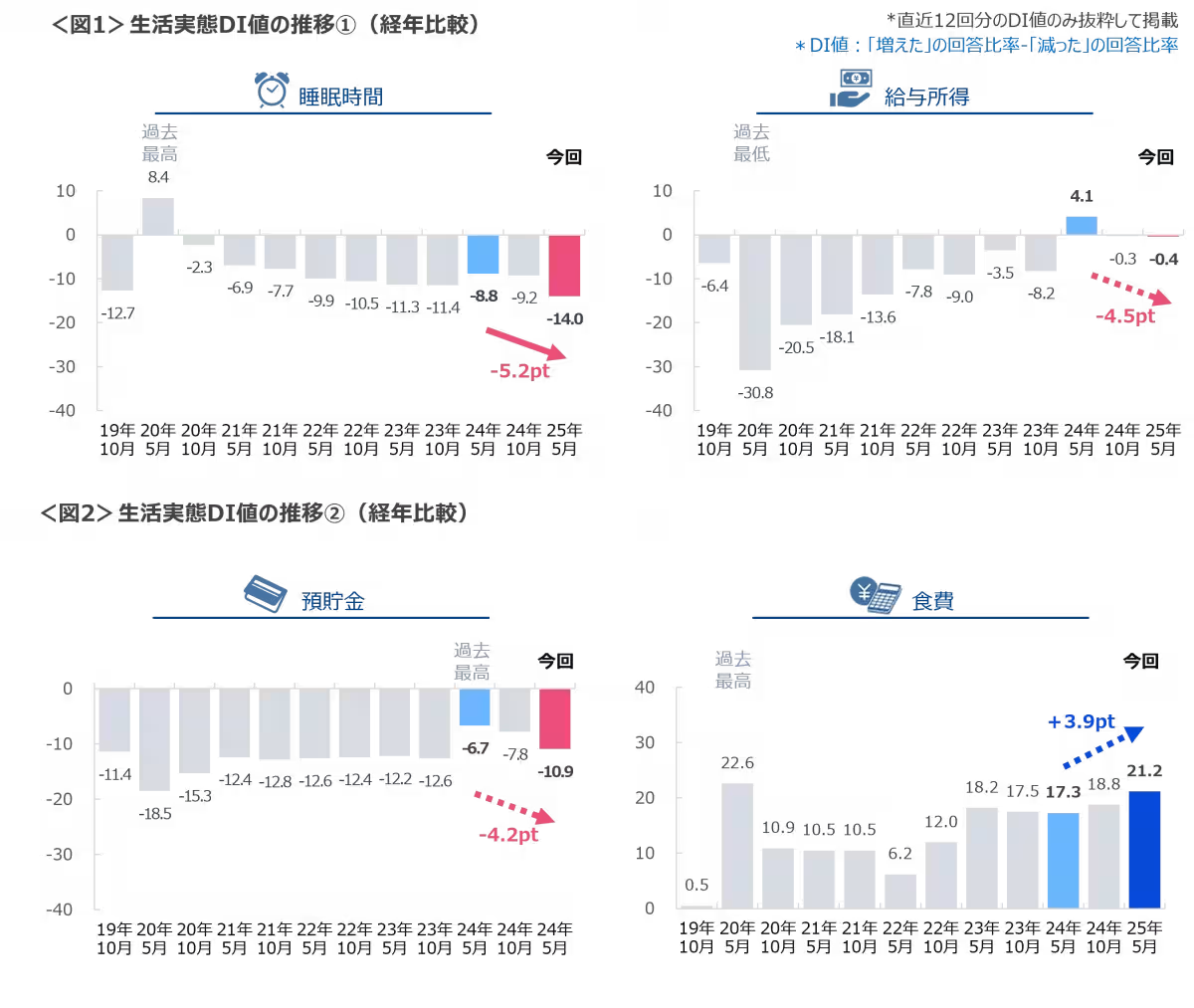
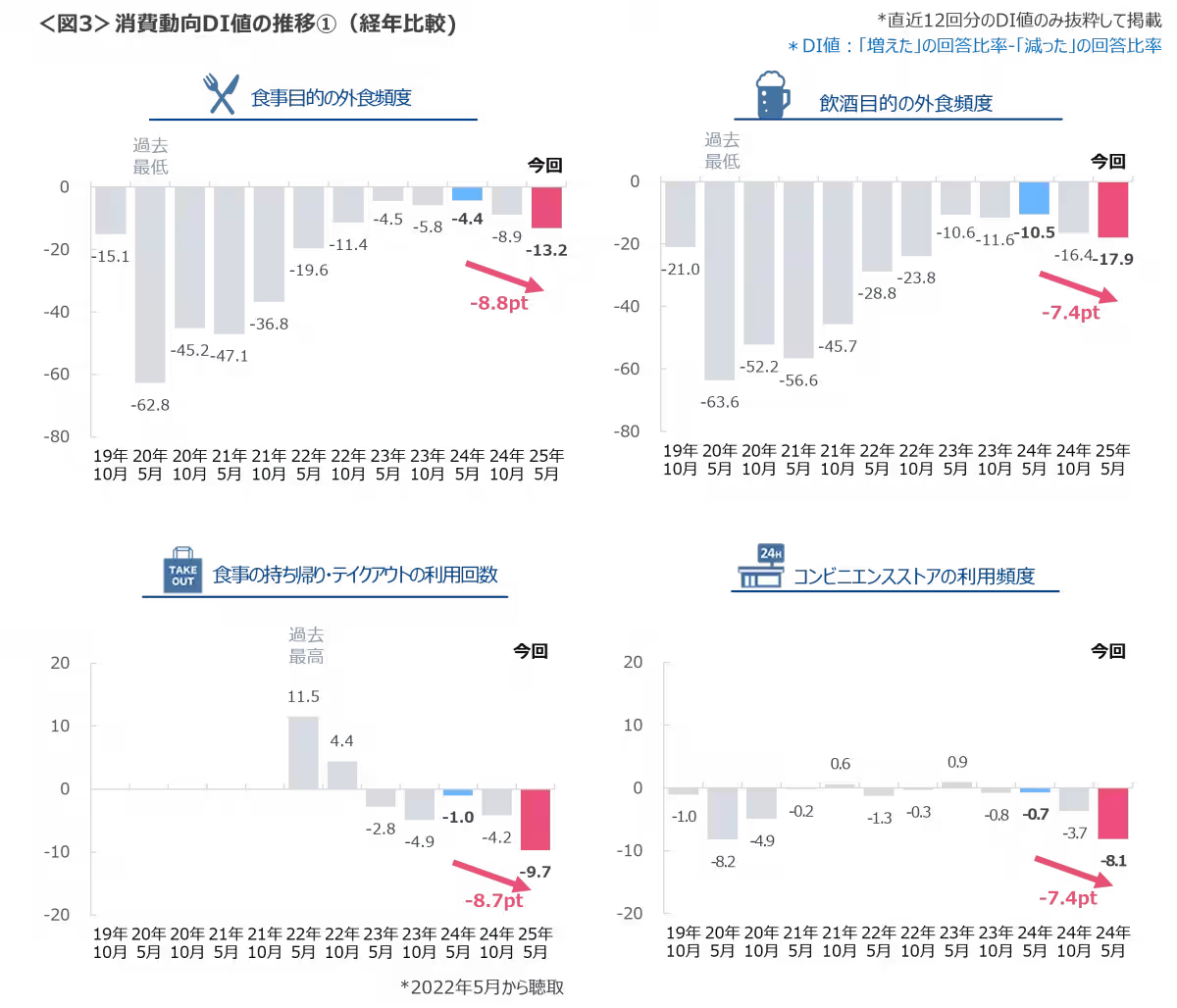
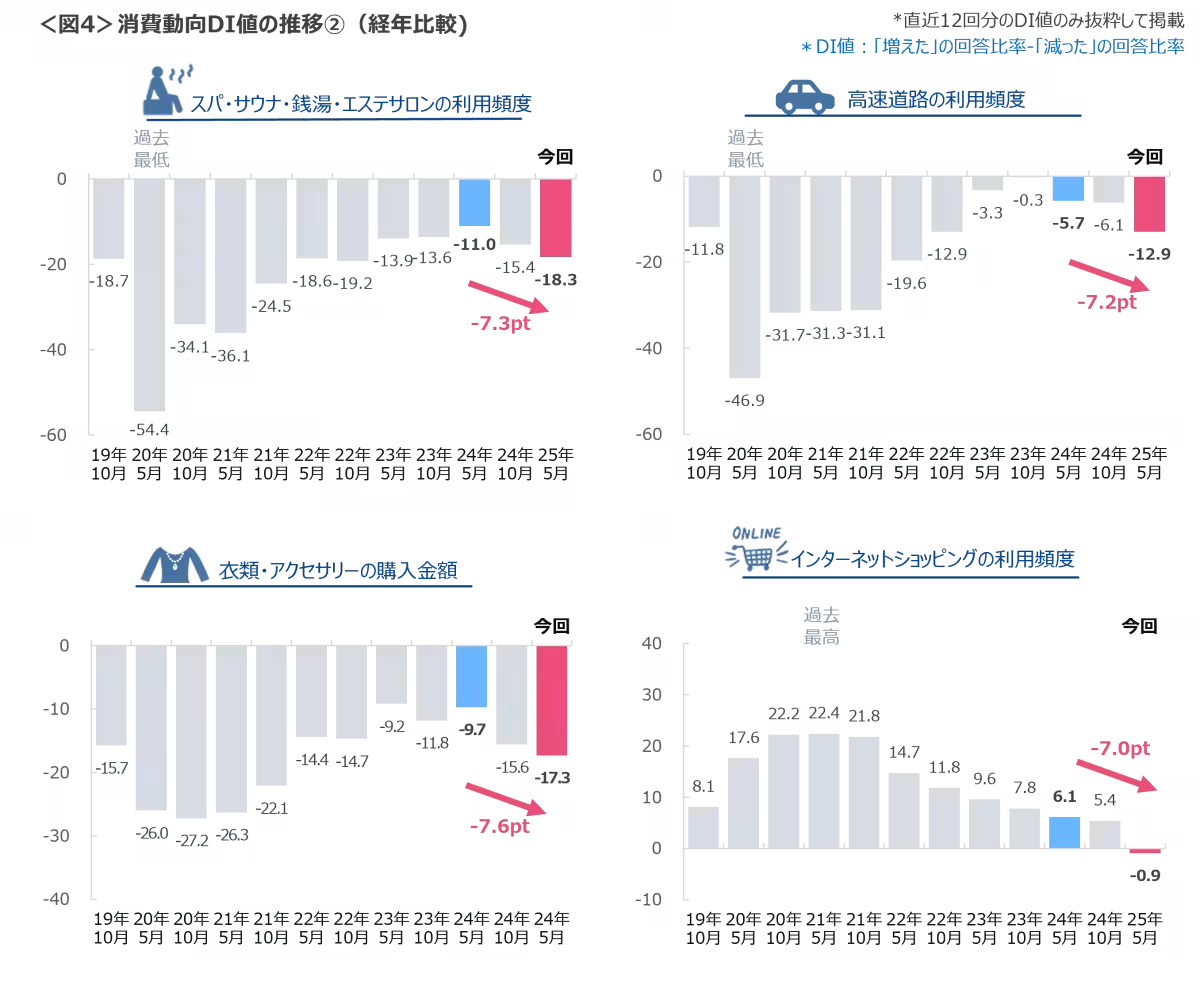
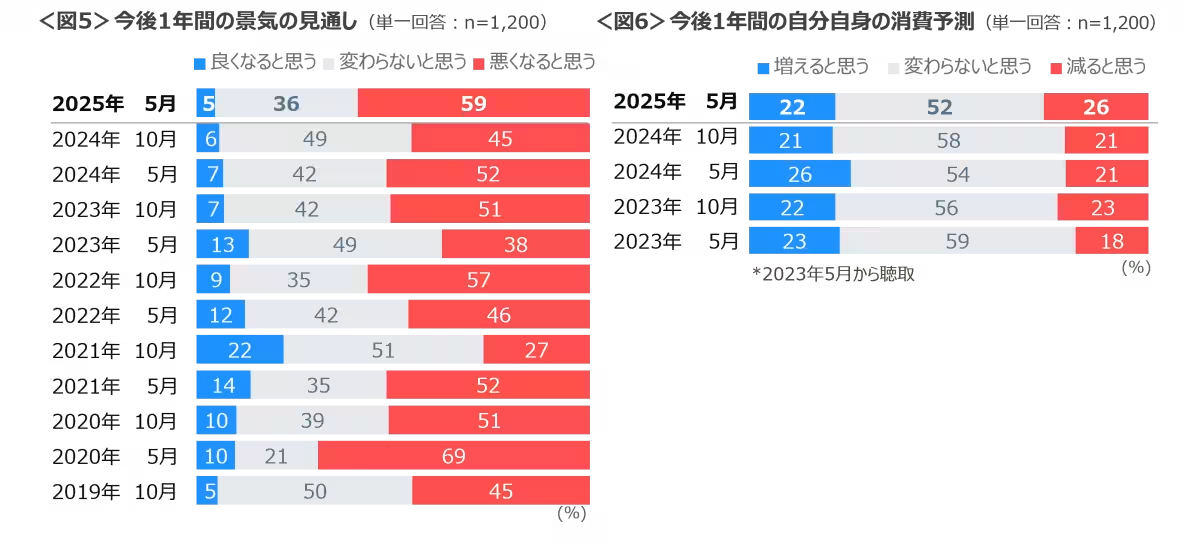

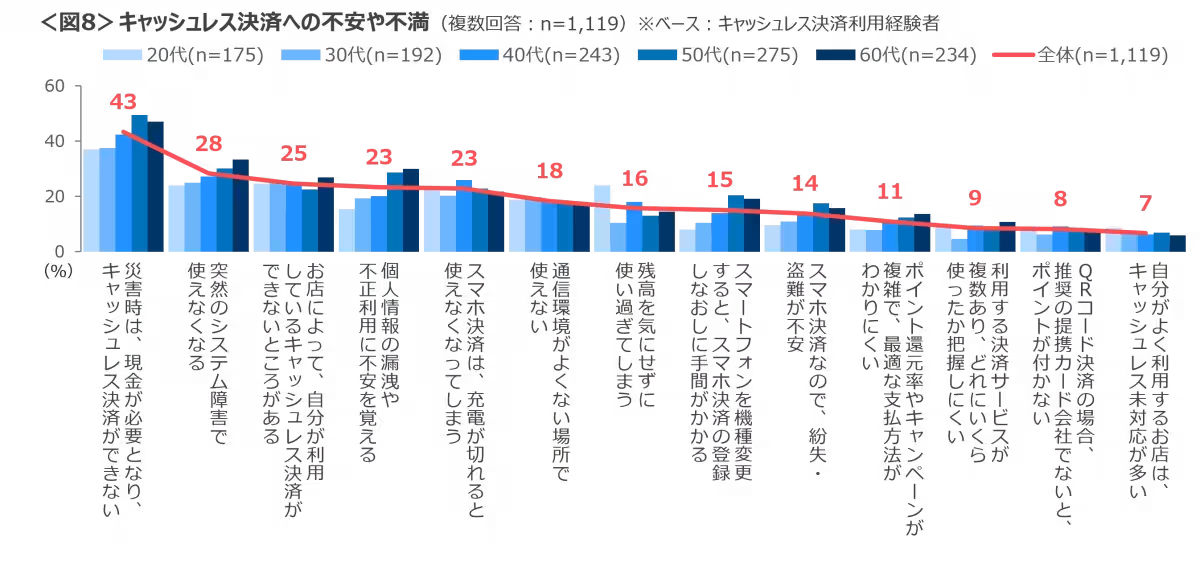
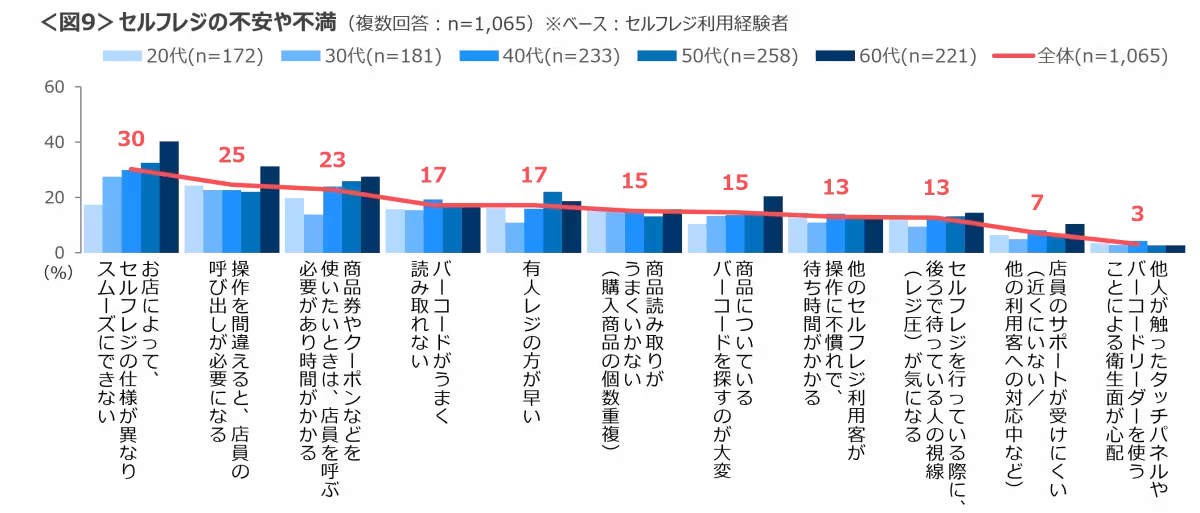
Topics Consumer Products & Retail)










【About Using Articles】
You can freely use the title and article content by linking to the page where the article is posted.
※ Images cannot be used.
【About Links】
Links are free to use.